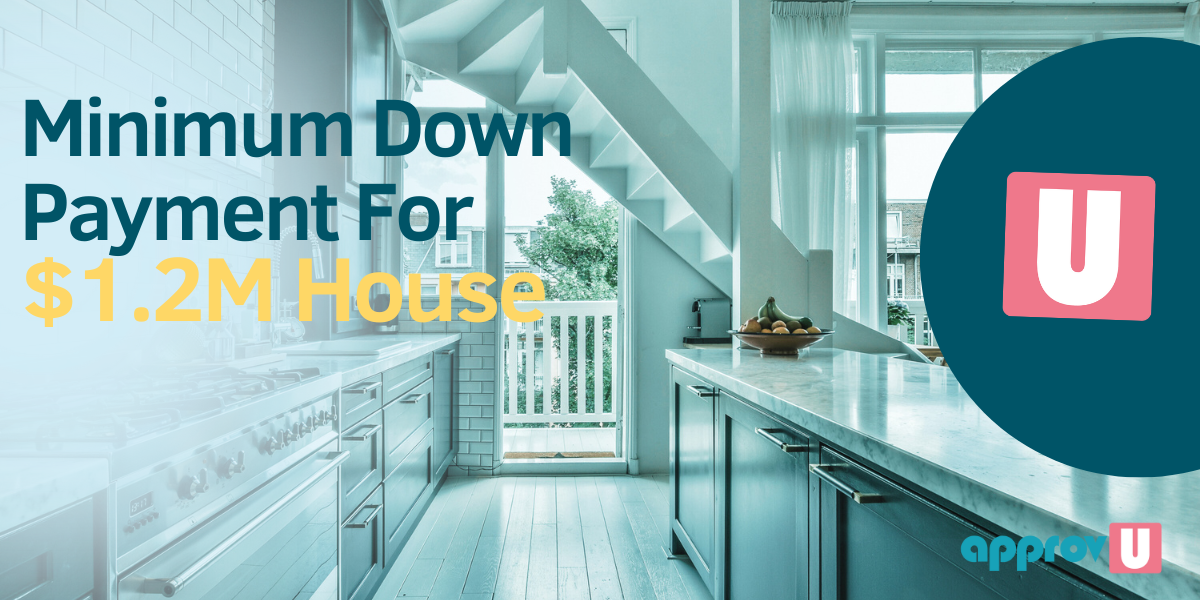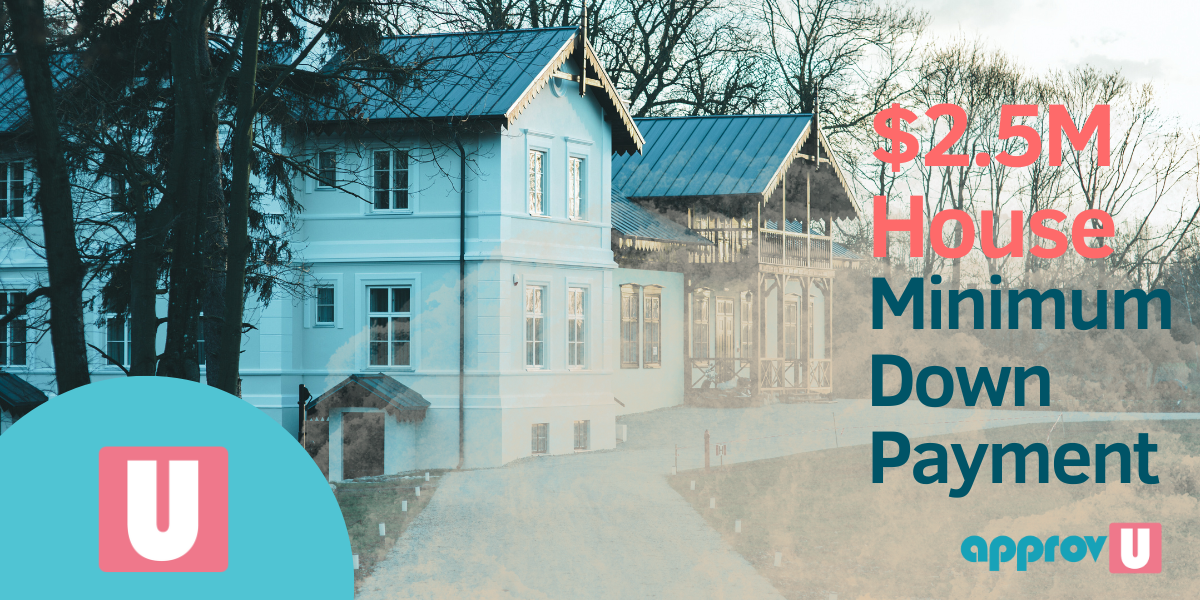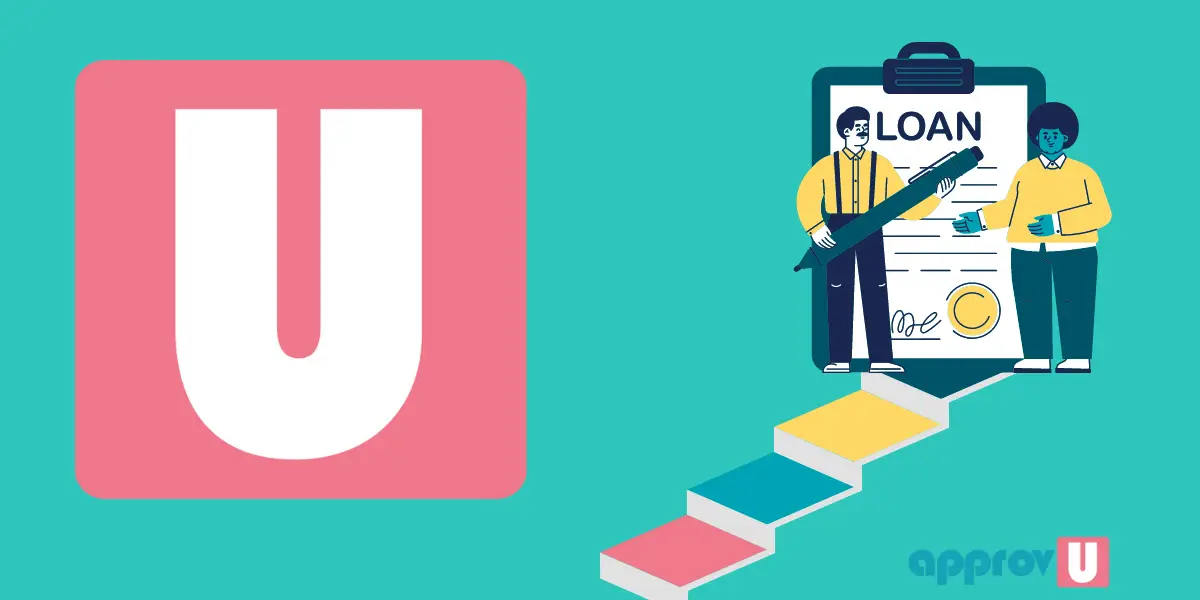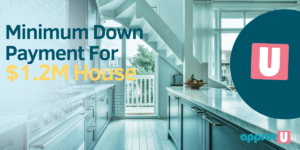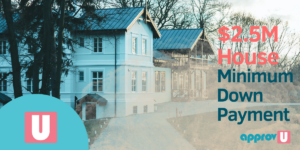Buying a house is rarely a walk in the park at the best of times, so the thought of going into this process with bad credit can be a little overwhelming.
But as out of reach as it may feel, there are still steps you can take to get a mortgage with bad credit.
Today, we’ll go over what bad credit is when securing a mortgage and then dive into some tips that can help you improve your chances of getting a mortgage with bad credit.
What is Bad Credit for a Mortgage?
As much as we’d like to give you a magic number to aim for, there isn’t a specific credit score that guarantees that your mortgage application will be accepted.
When it comes to the lender’s minimum acceptable score, they can come up with their requirements.
Having said that, if your credit score dips below 600, there’s a good chance that you’ll have difficulty finding a mortgage—particularly one with favourable rates.
If this is the situation you find yourself in, you’ll need to put in the work to improve your score.
Learn More: Best Mortgages For Bad Credit Borrowers In Canada
How to Get a Mortgage with Bad Credit
Now it’s time to dive into some things you can do to boost your chances of getting a mortgage with bad credit.
1. Work to Increase Your Credit Score
The better your credit score, the better your chance of securing a mortgage with low rates.
But if you’re going into this process with weak credit, it might be a good idea to take a step back and improve your score.
The following actions will help improve your credit score;
- Never miss a payment on any of your bills
- Use only a small percentage (under 30%) of your available credit
- Keep your old credit accounts
- Avoid applying for multiple new loans in a short period
It will not happen overnight, but if you keep up with healthy financial habits, you should see positive progress in your credit score.
2. Find Someone to Co-Sign Your Mortgage
Something that can boost your chances of getting a mortgage with bad credit – or any loan for that matter – is to have someone co-sign your loan.
That said, whoever co-signs your mortgage will be held liable if you stop making payments or breach the terms of your loan. If someone agrees to co-sign your loan, they understand the risks involved.
How does this help you? Well, someone with good credit will help boost your creditworthiness for the mortgage loan.
This boost in the creditworthiness of your application alone will improve your chances of approval.
3. Explore Bad Credit Mortgage Lender Options
While a lender can set its minimum credit score requirements, there’s a good chance you’ll have a hard time getting approved for a mortgage from a traditional bank with a low credit score.
So, if you’ve shopped and aren’t approved, you may have to turn to plan B.
In the case of a mortgage, that plan B is a bad credit mortgage lender.
4. Save Up Longer For A Larger Down Payment
As we mentioned, a lender will consider certain factors outside your credit score. They’ll look at things like:
- How much debt do you have
- Your income
- How big of a down payment you’re willing to pay
The minimum down payment for bad credit mortgage loans is 20% of the property value.
5. Hold Off on Buying a Home
This probably isn’t the advice you were looking for, but it is worth considering as an option.
If you don’t have a high down payment and would like a low-interest mortgage, your best option is to hold off on buying a house and instead focus your effort on improving your credit situation.
A high credit score with an excellent repayment history will save you thousands of dollars in interest expenses and closing costs.
Do Your Research Before Applying for a Bad Credit Mortgage
Getting a mortgage with bad credit may be possible, but is it something you can afford?
Typically, a bad credit mortgage will come with pretty high-interest rates and additional fees you likely wouldn’t see if you had a high credit score.
You can best find the root cause of your low credit score and implement the above tactics to improve it.
But if you end up opting for a bad credit mortgage, carefully review your loan details, figure out how much you can afford to pay, and ensure your mortgage doesn’t fall outside these boundaries.







